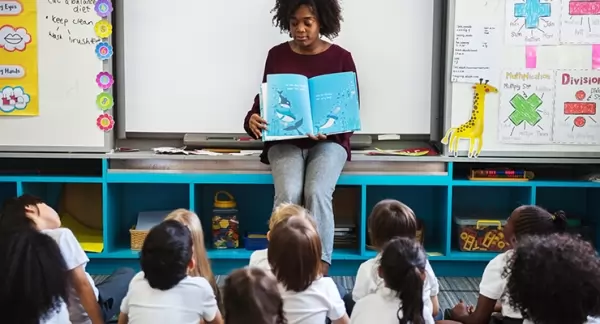Large class sizes 'can improve teaching'

An education expert has controversially said that one possible solution in freeing up teacher time and money is to increase class sizes.
Professor Robert Coe, director of the Centre for Evaluation and Monitoring at Durham University, told TES that it is high time a debate was had about class sizes.
Speaking at a Sutton Trust and Gates Foundation conference in Washington DC, US, the academic explained that all professionals involved in education will have to decide whether their priority is better teaching or smaller classes.
His comments come on the back of a new report he co-authored on behalf of the university, which was done in collaboration with the Sutton Trust. The study says that traditional teaching methods should be invested in.
"Unless there is going to be more funding so schools can employ more teachers, we need to consider how staff can have fewer hours in the classroom so they can undergo proper professional development," said Professor Coe in his interview with the news provider.
"People often say, would you rather your child be taught in a class of 15 or 30 and obviously I say 15, but I would much rather have a really good teacher who is not exhausted and really on top of their game every day and have that teacher teach more students."
Those who support this argument point to Singapore as a case in point for "getting over" the question of whether class sizes have a significant impact on the quality of education pupils receive.
The city-state has, for example, larger class sizes than those found in the UK, and, more importantly, that has been far from detrimental. It has, for example, one of the best school systems in the world and consistently tops international performance league tables.
Brad Jupp, education policy adviser to Arne Duncan, US education secretary, told delegates at the conference that it is vital more research is needed to support the argument for large class sizes.
"We looked at different countries around the world that had larger class sizes than the US and we found that only Japan did," Mr Jupp was quoted by TES as saying.
"They allow their teachers more time to collaborate with each other in return for larger class sizes. I am still willing to hear the answer of whether it is a trade off, but we need to explore whether the trade off is worth the payoff."






